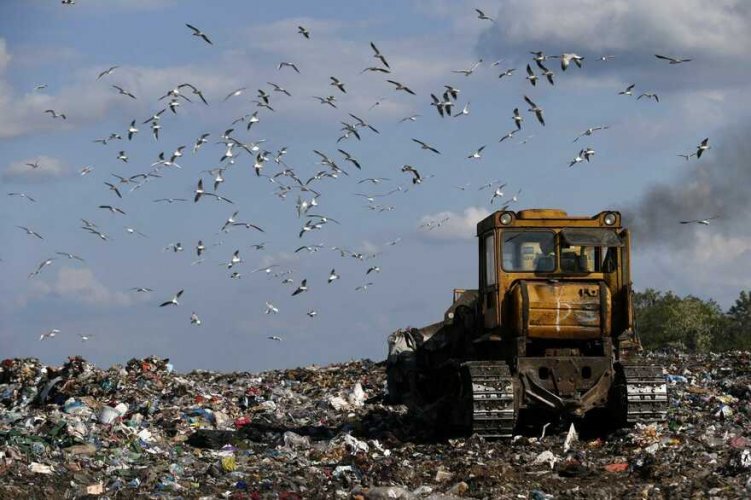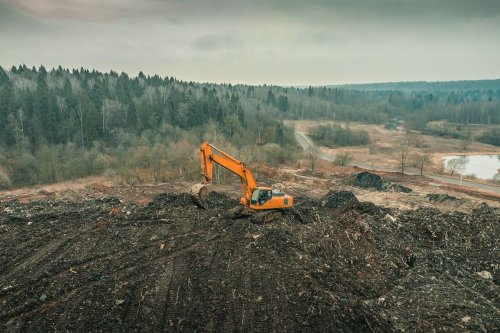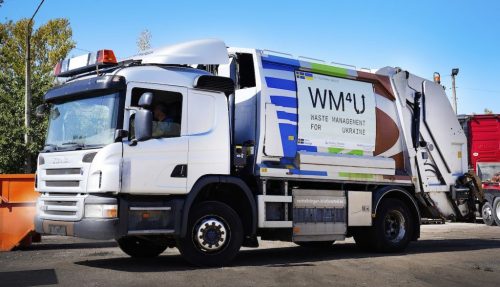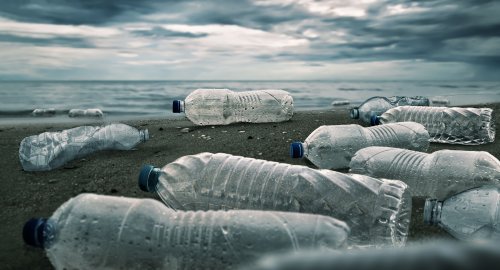Virtually the entire household waste management sector in Ukraine violates the Law on Waste Management.
Oleksandr Lymar, waste management expert and CEO of Recopack, drew the attention of the public and the authorities to the systemic crisis in this area.
He emphasized that, according to Dmytro Zaruba, First Deputy Head of the State Environmental Inspectorate (SEI), it is illegal to carry out any waste treatment operations without a permit. This document is required by the Law of Ukraine No. 2320-IX “On Waste Management”.
The expert said that at the moment only 110 business entities have received 137 permits. And that's it.
He also cited statistics in the field of plastic, paper, glass, and household waste management. Only 56 permits have been issued here, including:
- composting (code R1) – 1;
- plastic and paper recycling (code R3) – 7;
- preparation for recycling: collection, sorting, compaction (code R12) – 44;
- disposal (code D5) – 4.
Oleksandr Lymar emphasized that currently, only 8 (!!!) recycling companies in Ukraine have permits. There are only 3 paper recycling companies. According to him, such large plants as the Kyiv Cardboard and Paper Mill, Malyn and Lutsk Cardboard and Paper Factories, Poninkiv and Zhydachiv Factories, and others have not yet received permits to process paper.
According to the expert, not a single glass waste treatment facility in Ukraine has yet received a permit, including Vetropack's Gostomel glassworks.
The number of companies that have a permit to prepare waste for treatment (code R12) is extremely small, Lymar said. He suggested that in Kyiv Oblast, there are many more such companies operating than permits issued.
The worst situation, according to the expert, is with permits for household waste disposal. He said that only 4 (!!!) landfills in Ukraine have the appropriate permits: in Kyiv, Brovary, Kalush, and Drohobych. Therefore, all other landfills in the country are actually unauthorized.
The expert stated that violations in the field of waste management in Ukraine occur at all stages: from collection, transportation, sorting, processing, and disposal. He is convinced that the State Environmental Inspectorate should be more active in accordance with its powers.
“What is even more worrying is the complete inaction on the part of the Ministry of Environmental Protection and members of the Environmental Committee. Do you think we can join the European Union with such a governmental approach?” the expert asked.
In late March, EcoPolitic wrote that the government had once again postponed the collapse of the hazardous waste sector when it expanded the list of companies that can obtain a permit for waste treatment under a simplified procedure by its Resolution No. 340 of March 25.
We also reported that activists called on the Environmental Committee to resume work on draft law No. 10066 on packaging waste.





